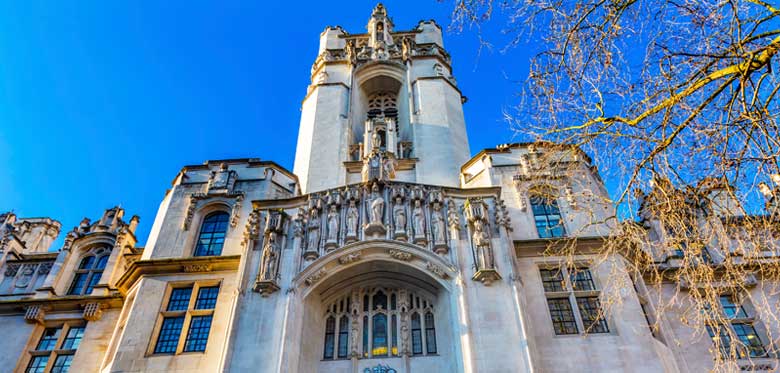The government announce changes to the law in relation to the filtering of criminal offences on standard and enhanced criminal record certificates provided by the disclosure and barring service.
These will come into force on 28 November 2020.
The changes follow the Supreme Court’s decision in the case of P and others dated 31 January 2019.
Our privacy team have been fundamentally involved in the changes in law relating to this matter. They represented A in the associated proceedings which were stayed at the court of appeal, whilst the other cases progressed to the Supreme Court. These proceedings have recently been concluded by consent following the decision in P.
The decision in P provided that the filtering regime which had been brought in as a result of the case of T v Chief Constable Greater Manchester Police ( in which this firm also acted), was not sufficient to safeguard the rights of privacy and family life provided by article 8 of the European Convention on human rights because it failed to take account of the seriousness of all the offences.
The requirement to disclose more than one minor offence was therefore considered unlawful whilst the court recognised that more serious offences agreed by Parliament should continue to be disclosed indefinitely. Criminal offences which resulted in a custodial sentence were also considered necessary to be disclosed for the purposes of public protection.
In effect, the changes to the law mean that Minor offences will now be filtered after a specified period of 11 years for an adult conviction and 5 ½ years for a youth conviction. Adult cautions will be filtered after a period of six years.
Convictions which resulted in a custodial sentence or ones that are specified on a list of serious offences will continue to be disclosed on standard and enhanced certificates. Chief constables also have a discretion to provide information on enhanced certificates If it is considered that is relevant and necessary to do so for the purposes of the certificate is requested i.e. relevant to the job or activity being undertaken for which the certificate needs to be provided.
Mike Pemberton, comments:
“The changes follow a long and contested legal campaign to apply common sense to the issue of criminal record disclosure. I still recall the appointment in January 2011 when I was approached by my client T concerning the lifelong disclosure of two minor cautions and the effect this was having on the efforts to pursue a career as they got older. This resulted in the case being taken to the Supreme Court and the introduction of the filtering provisions.
I was subsequently instructed in the case of A in which the High Court agreed that the indefinite disclosure of two minor convictions was unnecessary and unlawful with no regard to the seriousness of the offence but merely that the was more than one. Other cases were heard alongside and progressed to be known as the filtering challenges which were concluded alongside P at the Supreme Court in January 2019.
I welcome the changes which are being made to the law whilst acknowledging the issues of public protection have not been compromised by these changes and discretion remains to provide information when necessary. There are still a number of lacuna’s in this area of law and I am currently instructed by clients who are affected by these.
I hope that common sense will continue to be applied in this important area balancing both the rights of the individual and the wider public when considering issues of public protection.”
Our privacy team continue to act for a number of individuals in areas relating to criminal record disclosure and have made a number of successful challenges to proposed discretionary disclosure on enhanced criminal record certificates. The team also has a high success rates in making applications under the national police chief council record deletion process for deletion of unnecessary information from the Police National Computer in accordance with data protection and human rights principles.




Comments